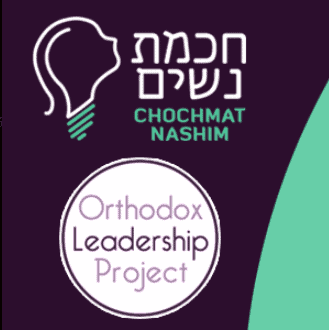The Book of Genesis is full of movement, of entering and leaving. Àdam and Eve leave the Garden of Eden, Abraham and Sarah enter the Land of Canaan, and leave and enter again; Jacob leaves and then returns, only to leave once more — this time with his whole family. Rebecca, too, in this week’s parsha, begins her life of drisha (Gen. 25:22) — of seeking, inquiring — and travels from afar to join Isaac. Only Isaac stays put, never leaving the confines of the land eventually named “Yisrael” after his son. As Rebecca approaches her new home, she encounters Isaac, seeing him first from a distance — a dot in the beige-brown expanse of the Negev — studying him as she gets closer, analyzing what she sees: “Who is the man over there that is walking in the field to meet us?” (Gen. 24:65).
“And Isaac went out ‘lasu’ah’ in the field toward evening” (24:63).
The verb lasu’ah is a hapax legomenon, a term that appears only once in the entire Bible. It is therefore a veritable field-day for etymologists and exegetes alike. Some (e.g., Rashi, following Hazal) say lasu’ah derives from the noun si’ah or siha — conversation, musing, meditation — and conclude that Isaac was praying. Others (such as Rashbam) interpret lasu’ah from the alternate meaning of si’ah, a shrub or plant, and conclude that Isaac was out planting in his field. Some modern translations (see Fox, Alter) suggest (based on an Arabic cognate or a slight change of the text, or perhaps influenced by Rebecca’s question) that he was simply out for a stroll.


